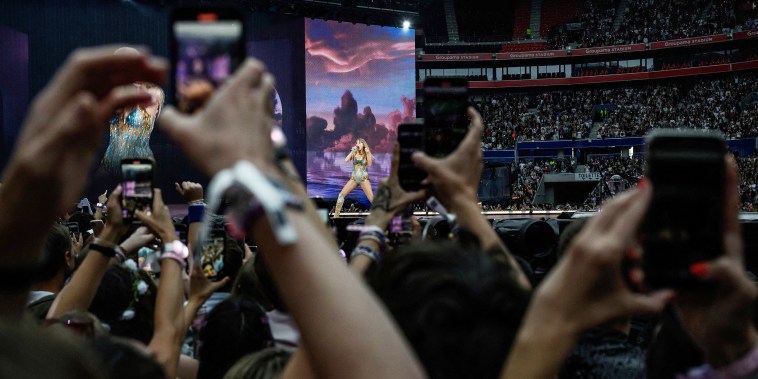The Funflation Effect: Understanding the Shift in American Spending Habits
The Funflation Effect describes the phenomenon of increased spending on travel and entertainment among Americans in recent years. This shift in consumer behavior is reflective of changing priorities and economic conditions that have contributed to a desire for more experiences and enjoyment in life.
One of the key factors driving the Funflation Effect is the changing demographics in the United States. With millennials and Gen Z becoming a larger portion of the population, there is a shift towards valuing experiences over material possessions. This younger generation is more interested in travel, concerts, dining out, and other forms of entertainment that offer unique and memorable experiences.
Additionally, the rise of social media has played a significant role in fueling the Funflation Effect. People are increasingly sharing their experiences online, which has created a culture of FOMO or fear of missing out. This social pressure to participate in exciting activities and share them with others has led to increased spending on travel and entertainment as a way to keep up with peers.
Economic factors have also contributed to the Funflation Effect. As the economy has improved in recent years, many Americans have more disposable income to spend on leisure activities. Low unemployment rates and higher wages have given people the confidence to indulge in experiential purchases that bring joy and fulfillment.
Furthermore, advancements in technology and the rise of the gig economy have made it easier for people to book travel, find entertainment options, and earn extra income to fund their experiences. The convenience and accessibility of these services have made it more enticing for consumers to spend on leisure activities.
The Funflation Effect has had a notable impact on various industries, particularly the travel and entertainment sectors. Companies in these industries have seen a surge in demand as consumers prioritize spending on experiences. This has led to a proliferation of new offerings and experiences catered to meet the growing demand for unique and memorable activities.
In conclusion, the Funflation Effect reflects a broader shift in consumer behavior towards prioritizing experiences and enjoyment over material possessions. Changing demographics, social influences, economic factors, and technological advancements have all contributed to this trend. Understanding the drivers behind the Funflation Effect can help businesses adapt their offerings and marketing strategies to capitalize on the growing demand for travel and entertainment experiences in today’s consumer landscape.
